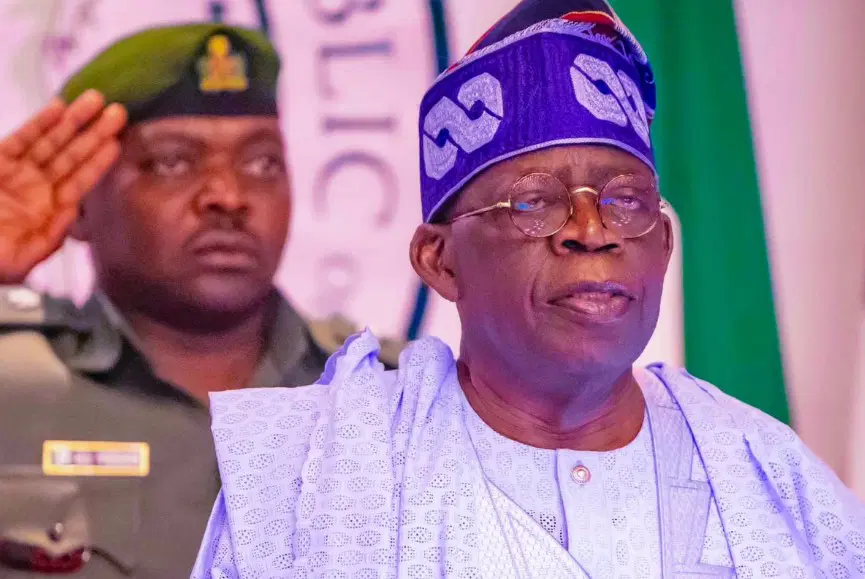As President Bola Tinubu continues the search for foreign direct investment to boost economic growth, investors coming into the country seem to have prioritised portfolio investment, which gives quick gain, against investment in the real sector of the economy that will grow the economy and create jobs for the teeming population.
Sunday Telegraph reports that over 90 per cent of capital inflows into the country in Q1 2025, were directed into portfolio investments— short-term financial instruments that offer high returns in the country’s volatile but profitable debt market. Only a small fraction went into equity and long-term ventures.
“The numbers tell a clear story: Investors are coming for yield, not for growth,” said Dr. Bismarck Rewane, CEO of Financial Derivatives Company. “Nigeria’s fixed-income market is lucrative because of high interest rates but that’s not sustainable FDI. It is hot money—it enters and exits quickly without creating jobs or factories.”
The National Bureau of Statistics (NBS) data for the first quarter of 2025 indicate that FDI inflows plunged by more than 70 per cent quarter-on-quarter from $421.88 million in Q4 2024 to just $126.29 million even as total capital importation rose to $5.64 billion. Analysts say this divergence reflects a shift from long-term investments in productive sectors toward short-term speculative inflows such as treasury bills and government bonds.
FDI accounted for just 2.24 percent of total capital imported into Nigeria in Q1 2025 down sharply from 8.29 per cent in the preceding quarter and below 3.53 per cent in the same period of 2024. “This is an unmistakable signal that global investors see Nigeria as a short-term play, not a long-term destination,” said Prof. Akpan Ekpo, a former Director General of the West African Institute for Financial and Economic Management (WAIFEM).
He explained that this shift has implications for industrialisation and job creation, as direct investment unlike portfolio flows usually involves establishing factories, acquiring local assets, and transferring skills and technology. Analysts trace Nigeria’s underperformance in FDI to a mix of macroeconomic instability, policy inconsistency, and infrastructural decay.
They said that the Naira’s volatility remains a top deterrent. Despite several foreign exchange reforms—including unification of FX windows and removal of petrol subsidies—the currency has continued to depreciate, hovering around ₦1,480/$1 at the official window and significantly weaker on the parallel market.
“The exchange rate uncertainty scares off long-term investors,” noted Dr. Ayo Teriba, CEO of Economic Associates. “No serious investor will commit billions of Dollars when they can’t predict what their returns will be worth in six months.”
According to the UNCTAD World Investment Report 2024, Sub-Saharan Africa’s total FDI inflows grew by 7 per cent, led by countries such as Ethiopia, Kenya, and South Africa, while Nigeria remained an underperformer despite being the continent’s largest economy by GDP.
“Ethiopia continues to attract manufacturing and agro-processing FDI because it offers stability and clear industrial policy,” said Prof. Pat Utomi, founder of the Centre for Values in Leadership. “Nigeria, by contrast, is still struggling with power supply, corruption, and bureaucracy.”
According to Ambassador Sola Enikanolaye, Senior Special Assistant to the President on Foreign Affairs and International Relations, these trips have “raised Nigeria’s global profile, strengthened bilateral ties, and secured commitments worth over $50 billion.”
Read further in business category here…















